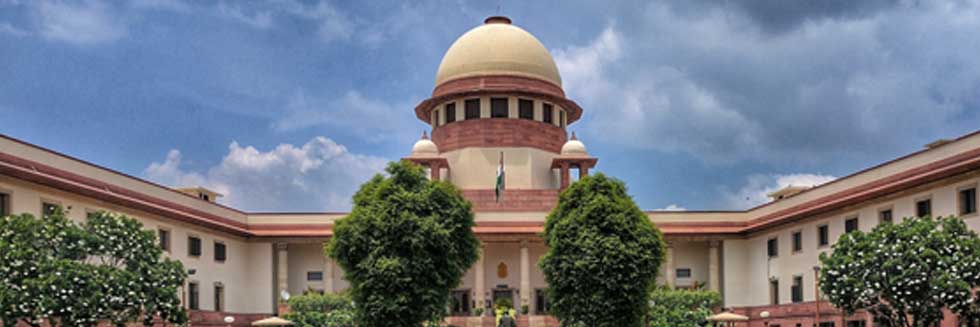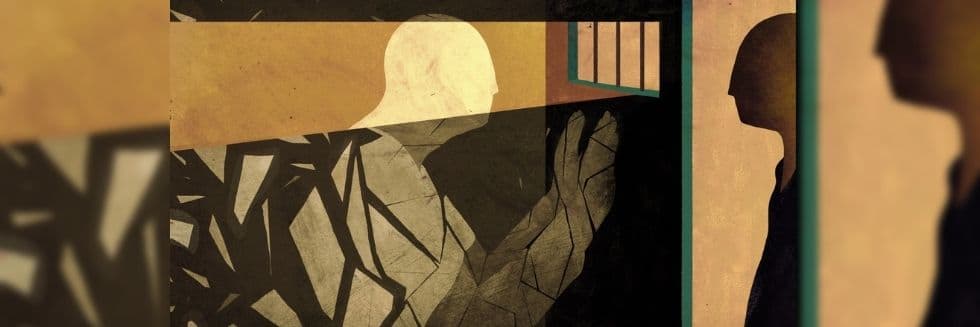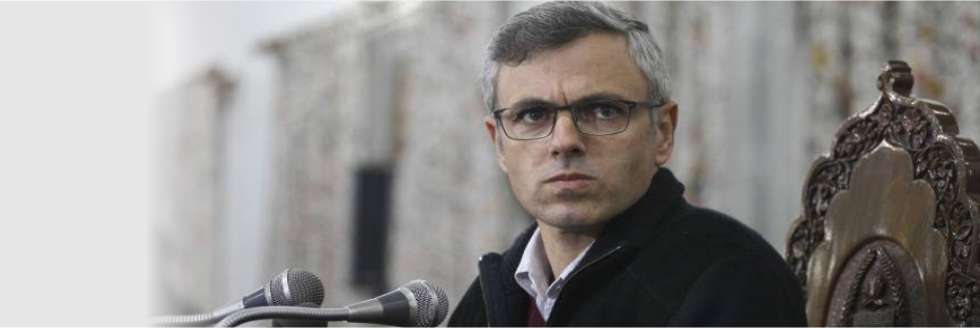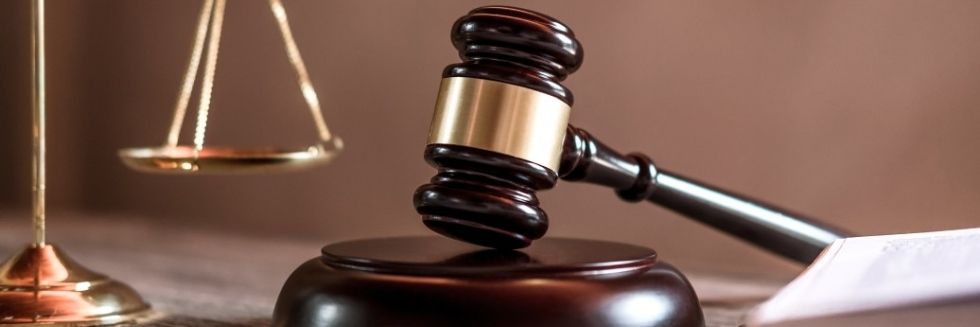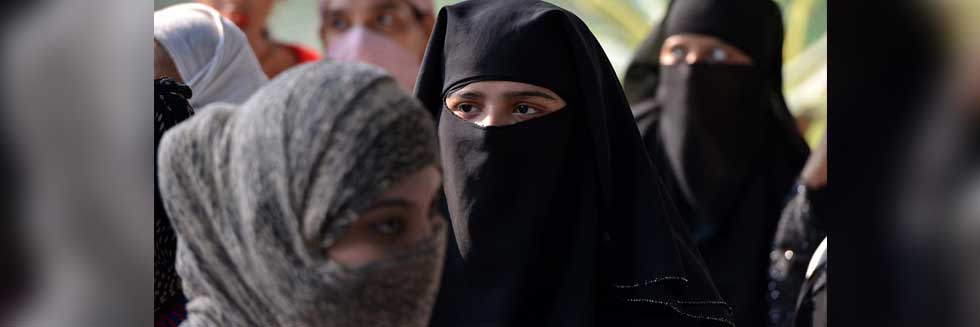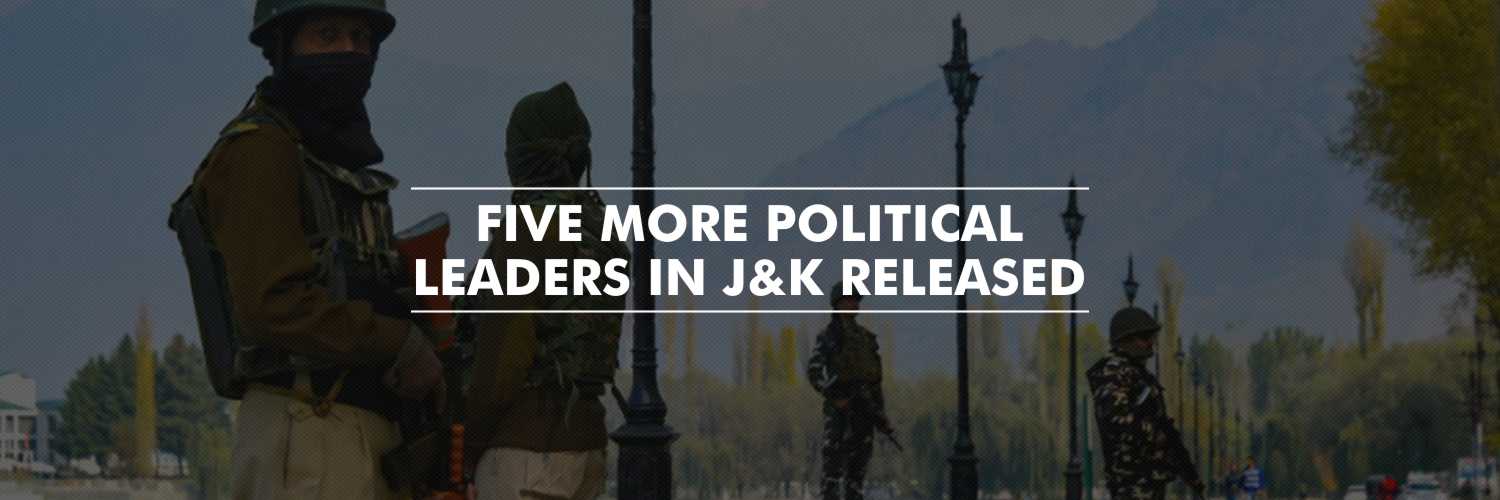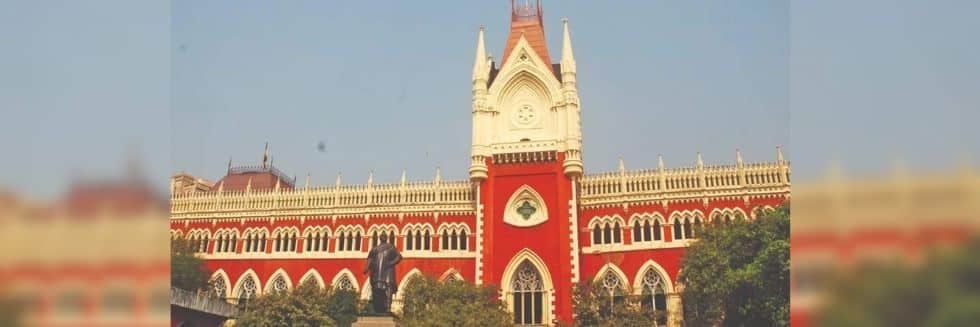Supreme Court on Friday, has dismissed a petition filed by eight judicial officers from Tamil Nadu who alleged that Madras High Court Collegium has been discriminatory by not considering them for the elevation as Madras HC judges.
A bench of Chief Justice of India SA Bobde and Justices AS Bopanna and V Ramasubramanian gave the ruling while hearing a petition filed by eight judicial officers who alleged that they and six other officers of their batch are overlooked by the collegium for elevation.
The petitioners have claimed that the High Court collegium had ignored their names since 2017 and recommended the names of other judicial officers for elevation who are junior to the petitioners.
The petitioners include Madras High Court’s Registrar (Vigilance) R Poornima, Principal Judge of the Family Courts in Chennai AKA Rahmaan, Member Secretary of the Tamil Nadu State Legal Services Authority (TNSLSA) K Rajasekar, and five Principal District Judges.
Even after having a sufficient amount of experience and serving for six years in the judiciary, petitioners names were ignored to be considered for elevation as High Court judges.
The petitioners have claimed, “This rested on an incorrect interpretation of Article 217(2) of the Constitution, which deals with the qualifications required for a person to be appointed as a High Court Judge.”
“As of 2017, the petitioners had completed six years in service, and yet, officers who had been appointed in judicial services after them were considered by the Collegium for elevation,” the plea said. The petitioner had also made a representation before the High Court in 2018 which was rejected on the grounds that the petitioners had not completed 10 years in service as is required under Article 217 (2) of the Constitution.
However, the judicial officers elevated in the recent past were elevated without fulfilling any 10 years in judicial services requirement. The judicial officers further contended that this incorrect interpretation violated Article 217 and was arbitrary and in violation of Article 14.
The order was earlier reserved by the apex court on August 31.
